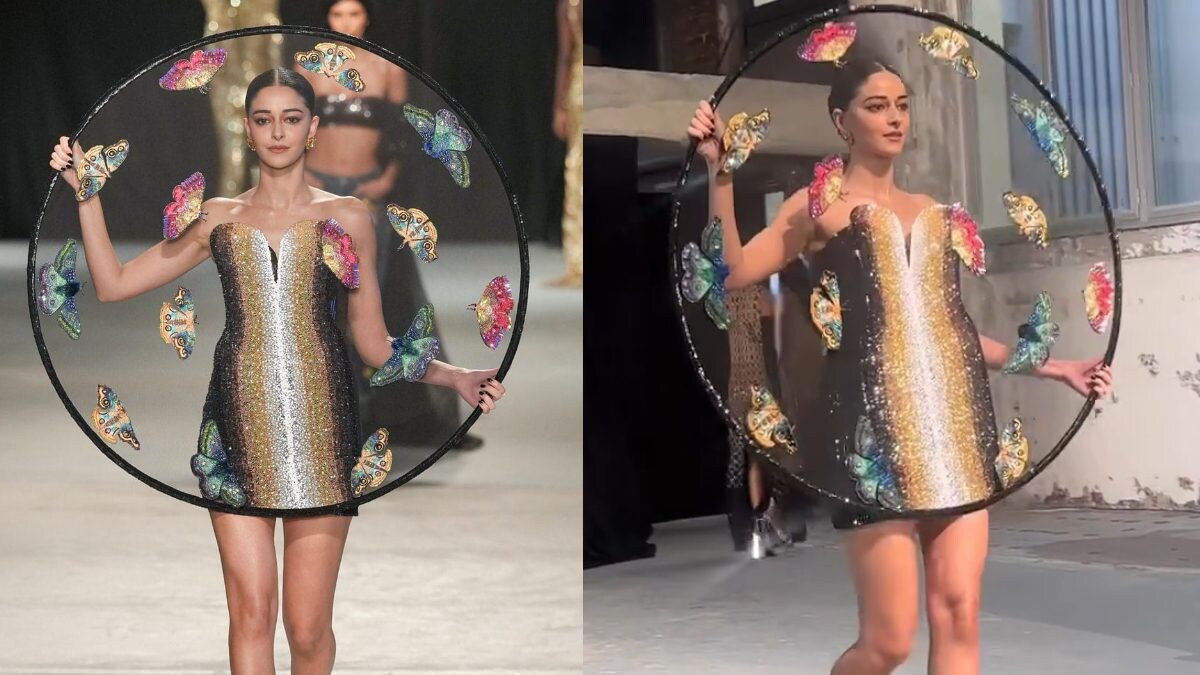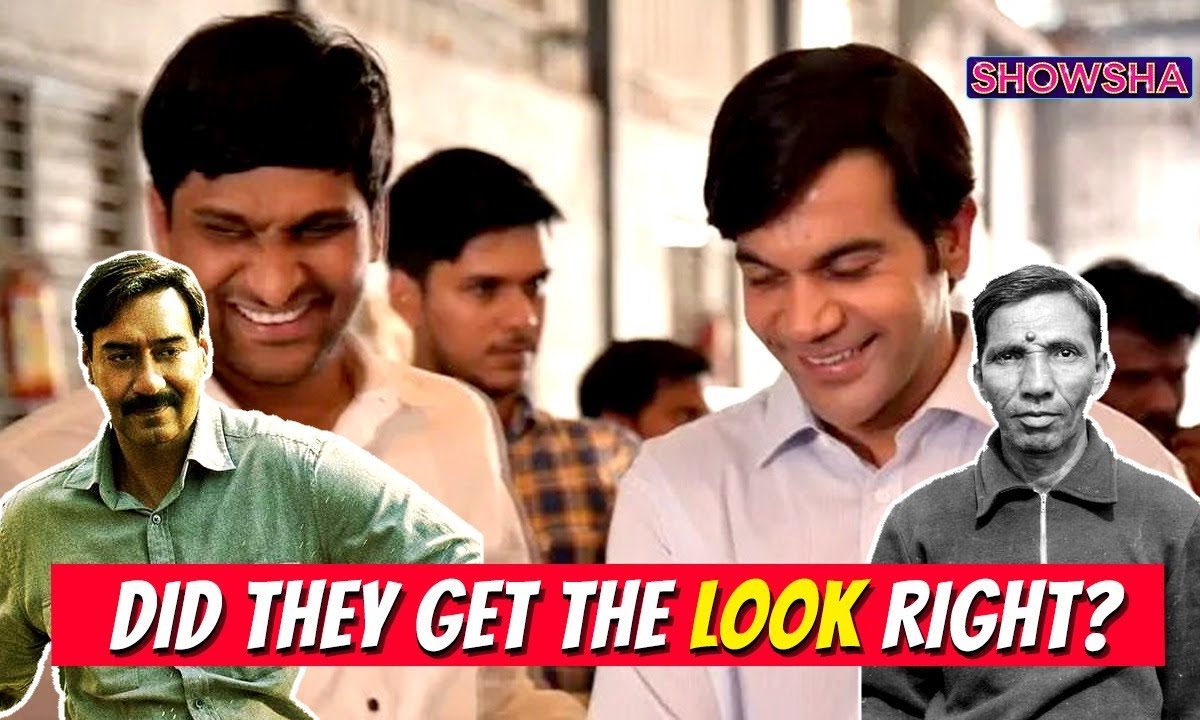Chitra Banerjee Divakaruni has always put in a conscious effort to have women protagonists at the helm of her stories. From her earliest novel to her most recent one, the writer has beautifully captured, in many ways, a woman’s true being. While she did receive a lot of criticism for writing ‘women-centric’ novels initially, today she is considered easily as one of the best multicultural writers around the world, writing about women but also about the subcontinent and its many facets.
In an exclusive interview with News18 the renowned author who is also a Betty and Gene McDavid Professor of Writing at the University of Houston Creative Writing Program, talks about her love and choice of having women as heroes in her novels, the lack of female narrative when it comes to the partition era, the process of turning her writings into films and much more.
Excerpts From The Interview-
The last time we spoke you mentioned that you would love to see ‘The Forest Of Enchantments’ being turned into a movie. Has the process started? Who do you see playing the protagonists in the movie?
The Forest of Enchantments is still available in case any producers are reading this interview! There are so many talented actors and actresses in India nowadays, that it is hard for me to choose just one as my hero or heroine.
In other news, my novel about Draupadi, titled The Palace of Illusions, has been auctioned and will soon be turned into a movie. I am really looking forward to it. My historical novel on Maharani Jindan, titled The Last Queen, is also being made into a film. I am excitedly looking forward to all this.
A lot of your writings are centred around women who are strong and yet have their own frailties. Women are the heroes of your writings, when did you first decide to make an effort to have women as protagonists in your stories?
I made that decision from my very first book, a collection of stories titled Arranged Marriage, which won an American Book Award. It is important to examine women’s experiences and challenges as seen through their own eyes. And I have never regretted it.
What piece of advice would you like to give a young writer who like you would like to put women at the centre of their writings? How would you describe your process of doing so in fact?
One thing would be to look around you and women who are living their seemingly ordinary lives with grace and courage. They undergo many battles and adventures. Choose one field that resonates with you. For instance, in my newest novel, Independence, set during India’s freedom struggle in the 1940s, one of my heroines, Priya, wants to be a doctor—a decision that society at that time did not encourage. I really sympathized with her challenges and wanted to write her story. I started by imagining her character—her thoughts and dreams—fully. That is how I always start, by imagining a major woman character.
Your last book ‘Independence’ traces the lives of three sisters and narrates the tale through their eyes. Was it a conscious effort to have women at the helm of a story that talks about that time and what are your views on the lack of female narrative when it comes to the partition era?
Yes, I absolutely wanted to focus on women who lived during India’s freedom struggle and took part in it in diverse ways. They were courageous and inventive as they had to fight for survival, but many of their stories have been forgotten, as you mention. We have even forgotten the female leaders of the time, such as Sarojini Naidu, who played such a crucial part in India’s independence. That is a great pity, and I have tried to right that wrong in Independence.
Working on this book, I am sure forced you to delve deeper into tales that spoke of the tumultuous Partition era and pre-independence era. What is the process you followed to understand these stories and how did you make sure to incorporate similar emotions into your writings?
I started by remembering and writing down the stories that my maternal grandfather and mother told me about those times, which they had experienced personally. These stories were filled with deep emotions, both of great gain and victory and also great sorrow at the violence and deaths experienced during Partition. Then I started researching the newspapers of the times. I found many heartbreaking photos of rioting mobs, burning cities and trains overcrowded with people fleeing to the other side of the border. Also, I saw photos of huge crowds celebrating the fact that their country was finally free of the British yoke. These photos filled me with many contradictory emotions, and they transferred themselves into my novel as I began to write it.
You mentioned to us that ‘The Palace of Illusions’ has been auctioned to be made into a movie, any more updates on the process? How excited are you as an author?
Things are happening, but slowly! I am extremely excited, especially as they have told me they are negotiating with a top actress for the role of Draupadi. (I am not allowed to say who it is. I am being patient because I know all good things take their time.
What is next for you in line?
Right now, I am totally focused on my India tour, centred around the Jaipur Literature Festival. I am looking forward to seeing many readers there, saying hello to them, and presenting my new book to them.
You will be speaking at JLF 2024. What can fans and audiences expect from your session? What are you looking forward to?
It is always a wonderful experience to be at JLF and I am looking forward to it. I will be discussing a new book, something quite different from anything I have written. It is a biography. My publisher, Juggernaut, will be announcing the title very soon.




